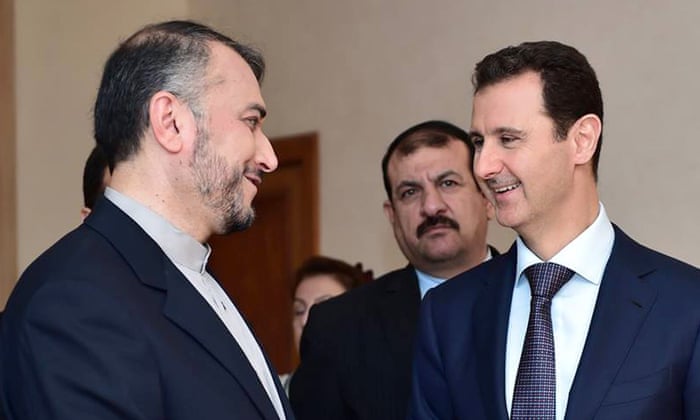Iran Confirms Participation in Syrian Crisis Talks in Vienna
Wednesday, October 28, 2015
No comments
"We have reviewed the invitation, and it was decided that the foreign minister would attend the talks," Foreign Ministry Spokeswoman Marzieh Afkham said on Wednesday.
Iranian Foreign Minister Mohammad Javad Zarif and his deputies will attend the Syria peace talks in Vienna on Friday.
"Deputy Foreign Ministers Hossein Amir Abdollahian, Seyed Abbas Araqchi and Majid Takht Ravanchi will accompany Foreign Minister on this trip," Afkham said.
According to latest reports, the top diplomats from Russia, the United States, France, Saudi Arabia, Lebanon, Iraq, Egypt and Turkey will also convene in Vienna, Austria, on Friday to discuss the Syrian crisis.
It comes after Washington reversed its opposition to Tehran's participation in talks to end the Syrian civil war.
US officials said on Tuesday that the move was a “genuine multilateral invitation,” implying they had overcome Saudi Arabian opposition to Iran attending the talks.
EU foreign policy chief Federica Mogherini will also take part in the meeting, an EU spokeswoman said during a Wednesday news conference.













































